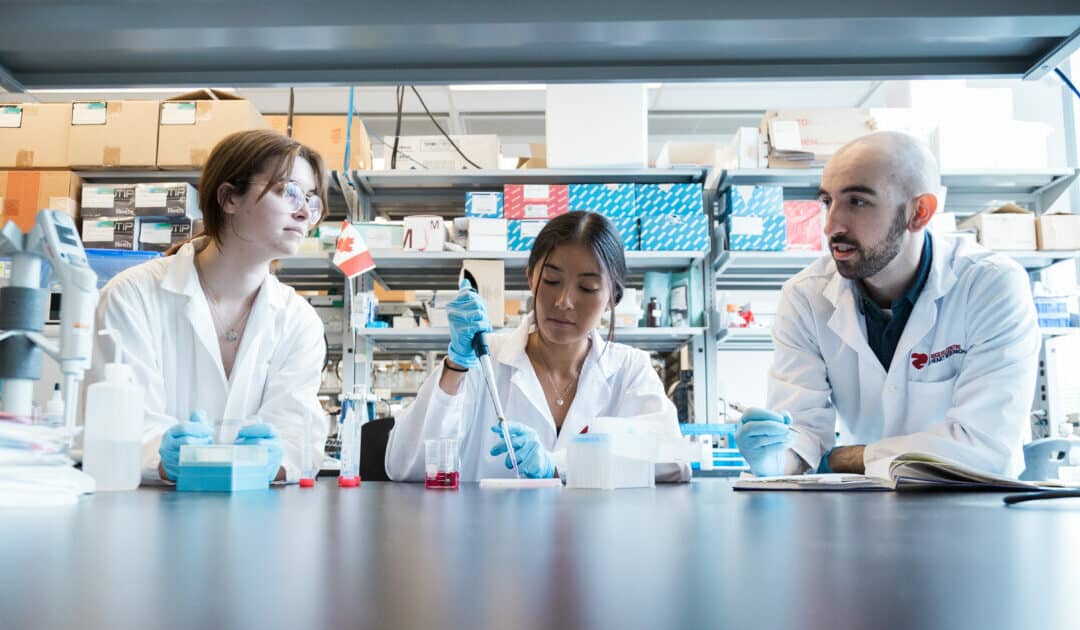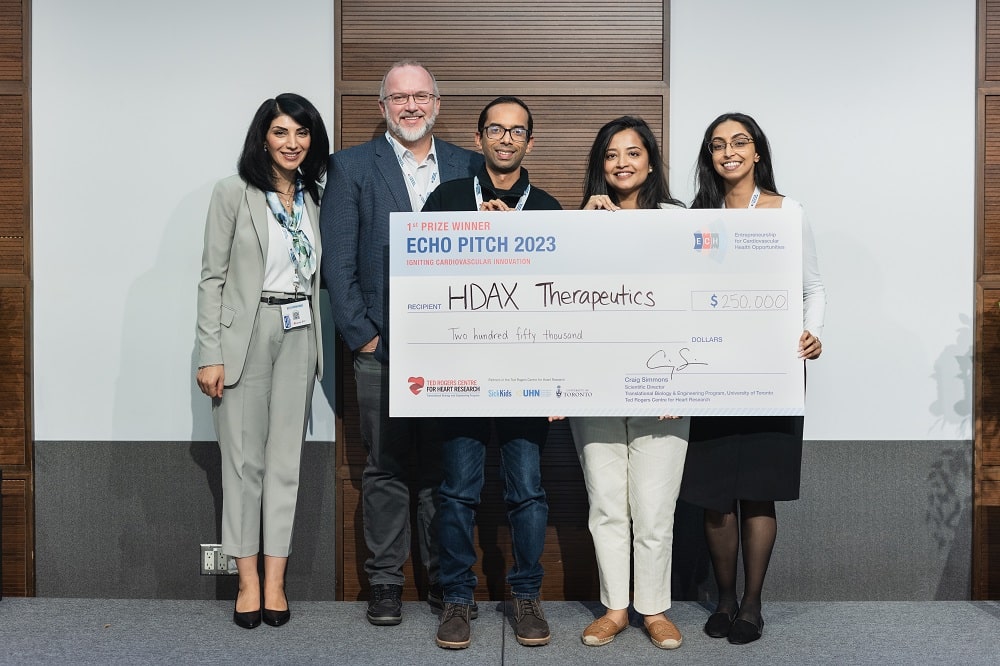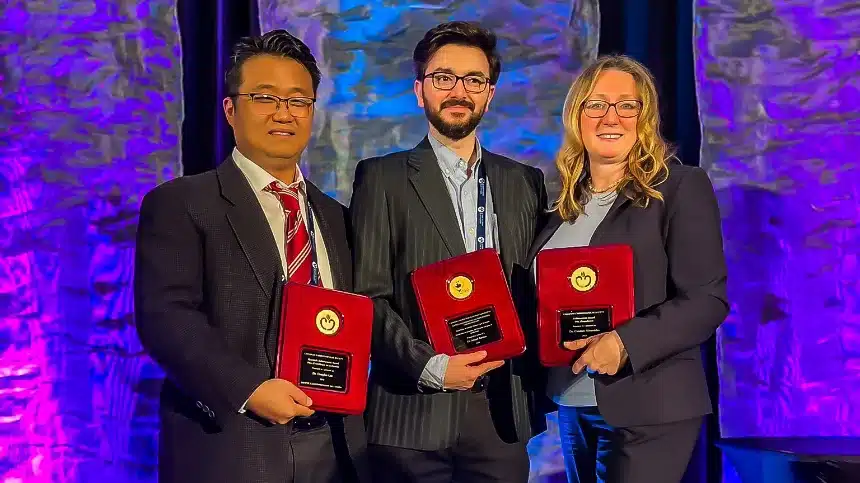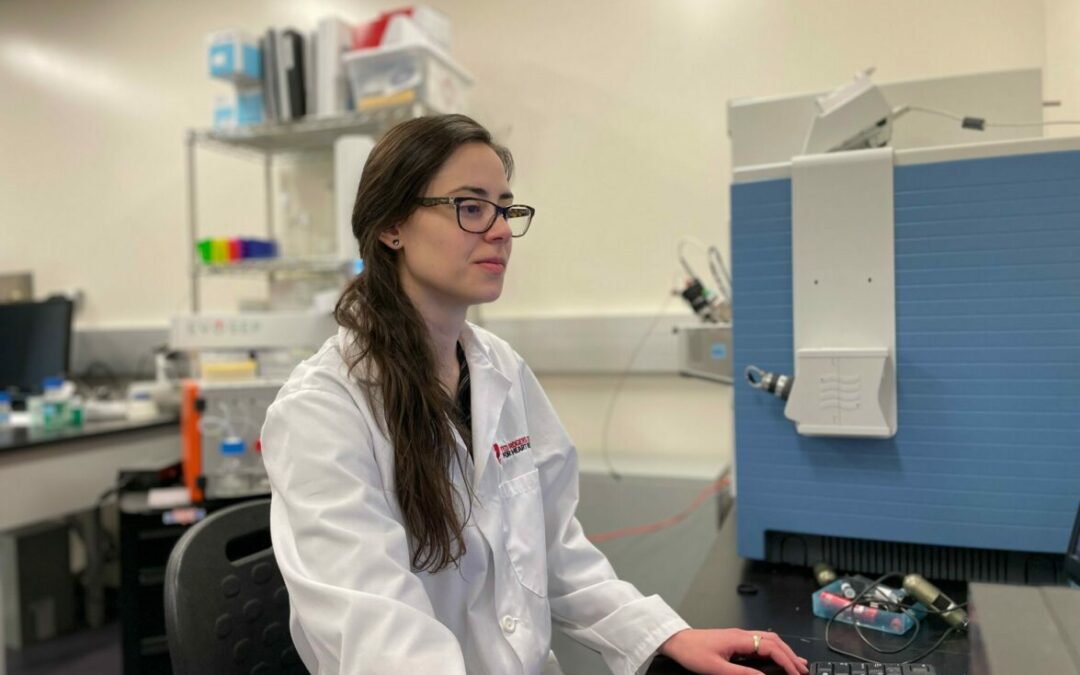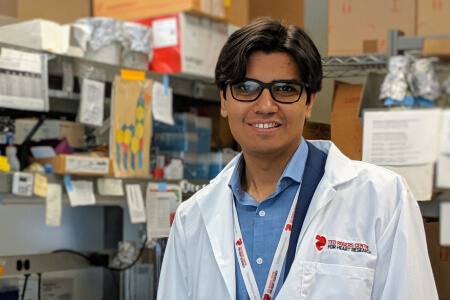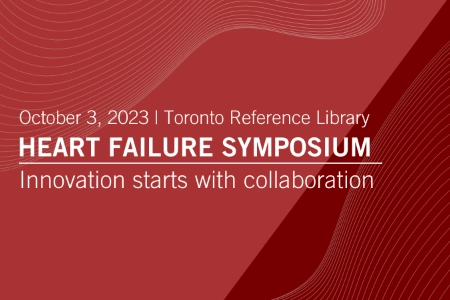One of the greatest causes of heart failure is cardiac fibrosis, but how it develops remains a mystery. At TBEP, we are committed to uncovering the mechanisms that drive it, as well as new strategies to treat it.
We strive to discover molecular targets, biomarkers, minimally invasive tools for early diagnosis, methods to assess new drugs, and a solution to halt the progression of fibrosis. We have also built a collaborative engine, the Global Fibrosis Network, that is focused on pioneering research, training young researchers, and securing grants for studies in this area.




